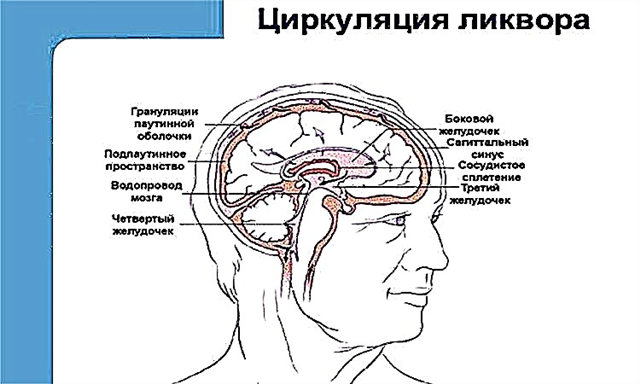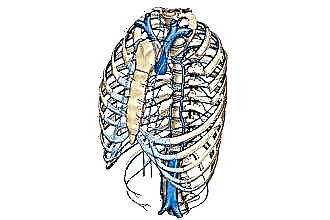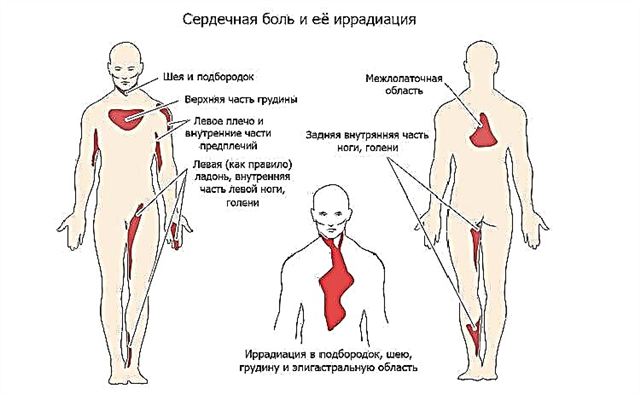It is necessary to consult a specialist about ear noise immediately after its appearance - this symptom can indicate a large number of diseases. In the structure of the pathology of the hearing organs among patients presenting with otiatric complaints, more than 8% associate the onset of symptoms with taking medications. Ototoxic drugs can actually cause a wheezing noise.
 This symptom can be detected in children of different age groups, adults and the elderly, so it is worth knowing which drugs cause its occurrence and whether it is possible to help the patient get rid of the unpleasant symptom.
This symptom can be detected in children of different age groups, adults and the elderly, so it is worth knowing which drugs cause its occurrence and whether it is possible to help the patient get rid of the unpleasant symptom.
Causes
Whistling in the ears, the cause of which is unknown, is a common complaint. The characteristics of tinnitus alone are sufficient to suggest a probable diagnosis. Since this symptom has no connection with a specific disease, it is necessary to pay attention to all the manifestations present in the clinical picture. To find out why the whistling in the ears, you need to know all the other complaints of the patient.
If it whistles in the ear, you cannot postpone seeking medical attention. Some pathologies manifested by such a "sound background" can lead to significant hearing impairment - up to deafness. At the same time, there is very little time for diagnosis and initiation of treatment - the chances of hearing loss reversal are constantly decreasing. What can be the causes of whistling in the ears? Among them are:
- Influenza and other infectious diseases.
- Intoxication with industrial and household poisons.
- Development of occupational hearing loss.
- Circulatory disorders.
- Osteochondrosis of the cervical spine.
- Ototoxic effect of drugs.
Whistling in the ears may be due to the development of sensorineural hearing loss.
 After suffering the flu or other infectious pathologies (in particular, acute respiratory infections), patients may complain of whistling in the left ear or on the right side. Toxins of various nature have a damaging effect on the structures of the organ of hearing. The influence of increased noise levels in the workplace also often provokes whistling in the ear - the reasons are due to prolonged contact with stimulating sounds. At the initial stage of the development of occupational hearing loss, there is a partial adaptation of the hearing organ, however, after the depletion of adaptive resources, symptoms appear - a whistling in the ear may be the first sign of pathological changes.
After suffering the flu or other infectious pathologies (in particular, acute respiratory infections), patients may complain of whistling in the left ear or on the right side. Toxins of various nature have a damaging effect on the structures of the organ of hearing. The influence of increased noise levels in the workplace also often provokes whistling in the ear - the reasons are due to prolonged contact with stimulating sounds. At the initial stage of the development of occupational hearing loss, there is a partial adaptation of the hearing organ, however, after the depletion of adaptive resources, symptoms appear - a whistling in the ear may be the first sign of pathological changes.
Circulatory disorders due to narrowing of the lumen of blood vessels as a result of the presence of a mechanical obstacle or reflex spasm can be found in people of different ages. A constant whistling in the ears, especially if there is a connection with a change in body position, the appearance after sleep in the morning hours is a reason to start the examination.
Medications and tinnitus
It is impossible to imagine modern medicine without the use of pharmacological preparations. Medicines, which are produced in various forms, can be administered in a hospital setting and prescribed for outpatient use. However, some of them are capable of having a toxic effect on the organ of hearing - that is, they have ototoxic properties.
If it whistles in the ears, the reasons may be due to taking medications. In this case, both systemic (injections, tablets) and topical (drops, ointments) forms are important. What drugs are ototoxic? They can be presented in the table:
| Group of drugs | Representatives | Ototoxic action | Peculiarities |
| Aminoglycosides | Gentamicin, Streptomycin, Neomycin | They cause a spasm of the vascular stria, provoke a violation of microcirculation and nutrition of the spiral ligament, the spiral organ. | In a comparative assessment of ototoxicity, Gentamicin has a more pronounced toxic effect than Streptomycin. |
| Loop diuretics | Furosemide, Ethacrynic acid, Bumetanide | They provoke a decrease in the excitability of the snail. | The likelihood of the realization of the ototoxic effect increases in the case of taking high doses of the drug, combined use with drugs that also have ototoxicity. |
| Salicylates | Acetylsalicylic acid, Sodium salicylate | They damage the outer hair cells and can accumulate in the vascular stria. | Decrease in hearing acuity occurs in the case of high doses. With the timely withdrawal of the drug, hearing loss is reversible. |
| Platinum preparations | Cisplatin | The exact mechanism is unknown, researchers note the accumulation of the drug in the vascular stria, basilar membrane and vestibular part of the cochlea. | Hearing impairment can occur even with a single use. |
| Antimalarial drugs | Chloroquine | Snail defeat. | Shows an ototoxic effect when the dose is significantly exceeded. |
 The table shows the drugs that are prescribed for different pathologies. The presence of ototoxicity does not lead to rejection of them, however, it requires caution and adherence to all recommendations received at the consultation at a medical institution. If whistling in your ears during the period of taking the medicine, you should immediately inform your doctor.
The table shows the drugs that are prescribed for different pathologies. The presence of ototoxicity does not lead to rejection of them, however, it requires caution and adherence to all recommendations received at the consultation at a medical institution. If whistling in your ears during the period of taking the medicine, you should immediately inform your doctor.
The ototoxic effect of aminoglycosides persists for some time even after the drug is discontinued.
In order to prevent ototoxicity, aminoglycoside antibiotics are not prescribed for young children and pregnant women - with the exception of vital indications. The need to justify the appointment is one of the principles of application. In addition, you need to monitor the patient's condition, check for tinnitus and dizziness daily. This allows you to timely clarify the causes of whistling in the left ear or in both ears.
Treatment
If there is a whistling in the ears, how to get rid of it? Therapies to eliminate background noise can vary. The patient is advised to follow a diet, refusing fatty, fried foods, alcohol, coffee. Smoking is prohibited, contact with noise (both industrial and household) is excluded. Prescribed drugs that improve cerebral circulation (Bravinton), B vitamins, Nicotinic acid. Dosed physical activity, the use of mechanotherapy, reflexology are shown. In some cases, surgery is necessary.
To eliminate whistling in the ears, the causes and treatment must correspond to each other - it is known that the most effective therapy is the one that acts directly on the etiological factors. At the same time, it should be understood that the possibility of etiotropic treatment does not always exist. Whistling in the right ear or on the left side can persist even after a course of therapy, which requires the use of additional methods (hearing aids), sometimes masking and distracting devices (audiomaskers).
If it is necessary to conduct antibiotic therapy, a patient with previously diagnosed hearing impairment should choose drugs that do not have a pronounced ototoxic effect. If you need aminoglycoside drugs, you should follow the precautionary rules regarding dosage and duration of administration.
Do not combine two aminoglycoside antibiotics at the same time.
How is the correction of ototoxicity manifestations carried out? Having found out why the whistling in the ear, you need to immediately start treatment.If the development of disorders is associated with pharmacological drugs, it is necessary:
 Cancel and / or replace the drug (if the patient cannot refuse it altogether).
Cancel and / or replace the drug (if the patient cannot refuse it altogether).- Prevent noise and vibration that can worsen the condition.
In therapy, the following are used:
- Vinpocetine;
- Pyridoxine;
- Nootropil;
- Nicotinamide;
- Betaserc and others.
Among non-drug methods, hyperbaric oxygenation, reflexology are recommended.

 Cancel and / or replace the drug (if the patient cannot refuse it altogether).
Cancel and / or replace the drug (if the patient cannot refuse it altogether).

